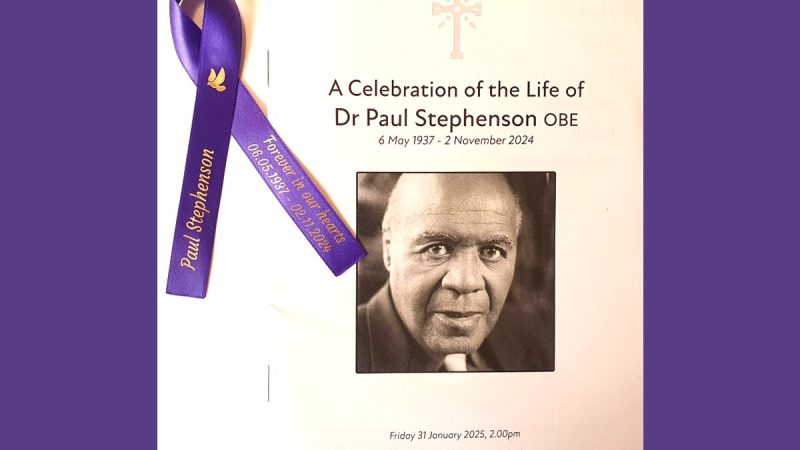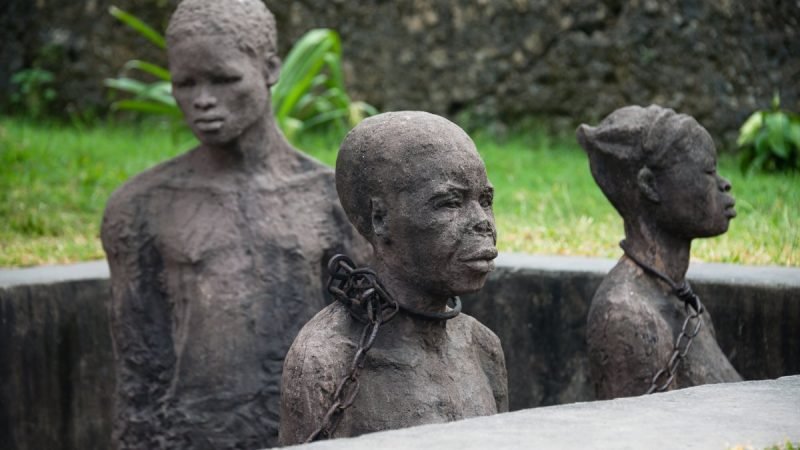BME workers asked to “shoulder more risk” during the pandemic

The TUC yesterday warned that black and minority ethnic (BME) workers have been asked to “shoulder more risk” during the pandemic, often working in insecure jobs with fewer rights at work. The warning comes as TUC analysis shows that BME people are far more likely to be in precarious work and in jobs with higher coronavirus mortality rates than white people, such as security guards, carers, nurses and drivers.
Put at higher risk
TUC analysis of official figures shows that 1 in 6 (16%) BME workers are employed on insecure terms and conditions, compared to 1 in 10 (10%) white workers.
The TUC says this has put BME staff at higher risk of Covid-19 exposure and job loss. The union federation argues that insecure contracts make it harder for workers to:
- assert their rights for a safe workplace with adequate protective equipment (PPE)
- shield if they – or someone they live with – has a health condition that puts them at higher risk
- take time off for childcare responsibilities if schools or childcare providers close.
Additional analysis shows that BME workers have been over-represented in jobs with higher Covid-19 death rates:
- Nearly 3 in 10 (28%) of male BME workers are employed in jobs with a higher male mortality rate, compared to less than 1 in 5 (18%) of white male workers. This makes male BME workers 57% more likely to be working in one of these occupations than white male workers.
- 1 in 5 (20%) of female BME workers are employed in a specific occupation with a higher female mortality rate, compared to 1 in 7 (14%) of white female workers. This makes female BME workers 48% more likely than female white workers to be employed in an occupation with a higher female mortality rate.
Insecure work by ethnicity
| Ethnicity | White | BME |
| Insecure employees | 1,449,000 | 358,000 |
| Low paid self-employed | 1,520,000 | 280,000 |
| Total insecure | 2,969,000 | 638,000 |
| Proportion as insecure work | 10.2% | 16.0% |
Insecure work: The total number in ‘insecure work’ includes
(1) agency, casual, seasonal and other workers, but not those on fixed – term contracts,
(2) workers whose primary job is a zero-hours contract,
(3) self-employed workers who are paid less than the National Living Wage (£8.72).
Data on temporary workers and zero-hour workers is taken from the Labour Force Survey (LFS) (Q4 2019). Double counting has been excluded.
Low-paid self-employment: The minimum wage for adults over 25 is currently £8.72 and is also known as the National Living Wage. The number of working people aged 25 and over earning below £8.72 is 1,810,000 from a total of 3,950,000 self-employed workers in the UK. The figures come from analysis of data for 2018/19 (the most recent available) in the Family Resources Survey and were commissioned by the TUC from Landman Economics. The Family Resources Survey suggests that fewer people are self-employed than other data sources, including the LFS.
Antiracism task force
The findings are published as the TUC launches a new antiracism task force. A group of senior leaders from across the trade union movement and civil society will investigate the systemic discrimination BME workers face. The group will be engaging with BME workers about the everyday racism they experience, particularly at work, and set out that action needed to address structural discrimination and disadvantage.
The task force, led by NASUWT General Secretary Dr Patrick Roach, will then develop an action plan for change across UK workplaces – and within unions themselves.
TUC General Secretary Frances O’Grady said: “Coronavirus has exposed the huge inequalities BME women and men face at work – with many forced to shoulder greater risk during this crisis.
“BME workers are hugely overrepresented in undervalued, low-paid and casualised jobs, with fewer rights and no sick pay. During the pandemic many BME people have paid for these poor working conditions with their lives.
“This crisis has to be a turning point. The government must challenge the systemic racism and inequality that holds BME people back at work, and beyond.
“And unions have a part to play. Our new antiracism task force will listen to BME people and take action to dismantle the barriers they face at work, in wider society – and in trade unions themselves.”
Chair of the TUC’s antiracism task force and NASUWT General Secretary Dr Patrick Roach said: “Regrettably, we continue to see evidence of the searing and devastating impact of racism and racial inequality on the lives of Black workers across all sectors of the labour market and in the wider economy.
“There is no excuse for systems and practices which hold back talent or put workers at greater risk of illness or injury because of the colour of their skin. The anti-racism task force will be unapologetic in calling out racial injustice and institutional racism wherever it exists.
“The task force will be taking forward a wide-ranging programme of action to tackle racial discrimination and ensure fairness and decent treatment at work.”
Banning zero-hours contracts
The TUC is calling on government to address labour market inequalities affecting BME people by:
- Banning zero-hours contracts and strengthen the rights of insecure workers in the employment bill this autumn
- Introducing mandatory ethnicity pay gap reporting and make employers publish action plans to ensure the inequality BME face workers in the workplace is tackled
- Investing in better jobs for the future in green industries, social care and across the public sector.
About The TUC
The TUC exists to make the working world a better place for everyone. It brings together more than 5.5 million working people who make up its 48 member unions.
Fur further information visit https://www.tuc.org.uk/




